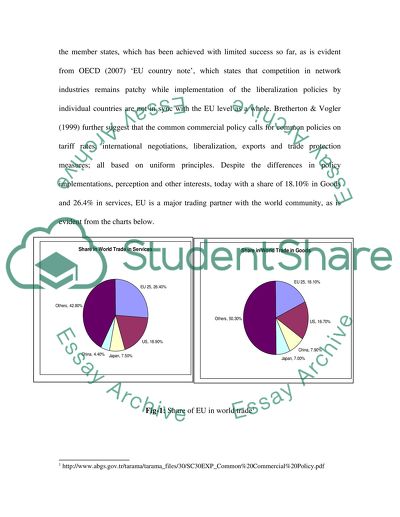Cite this document
(“European Union Trade Essay Example | Topics and Well Written Essays - 2000 words”, n.d.)
European Union Trade Essay Example | Topics and Well Written Essays - 2000 words. Retrieved from https://studentshare.org/miscellaneous/1523873-european-union-trade
European Union Trade Essay Example | Topics and Well Written Essays - 2000 words. Retrieved from https://studentshare.org/miscellaneous/1523873-european-union-trade
(European Union Trade Essay Example | Topics and Well Written Essays - 2000 Words)
European Union Trade Essay Example | Topics and Well Written Essays - 2000 Words. https://studentshare.org/miscellaneous/1523873-european-union-trade.
European Union Trade Essay Example | Topics and Well Written Essays - 2000 Words. https://studentshare.org/miscellaneous/1523873-european-union-trade.
“European Union Trade Essay Example | Topics and Well Written Essays - 2000 Words”, n.d. https://studentshare.org/miscellaneous/1523873-european-union-trade.


